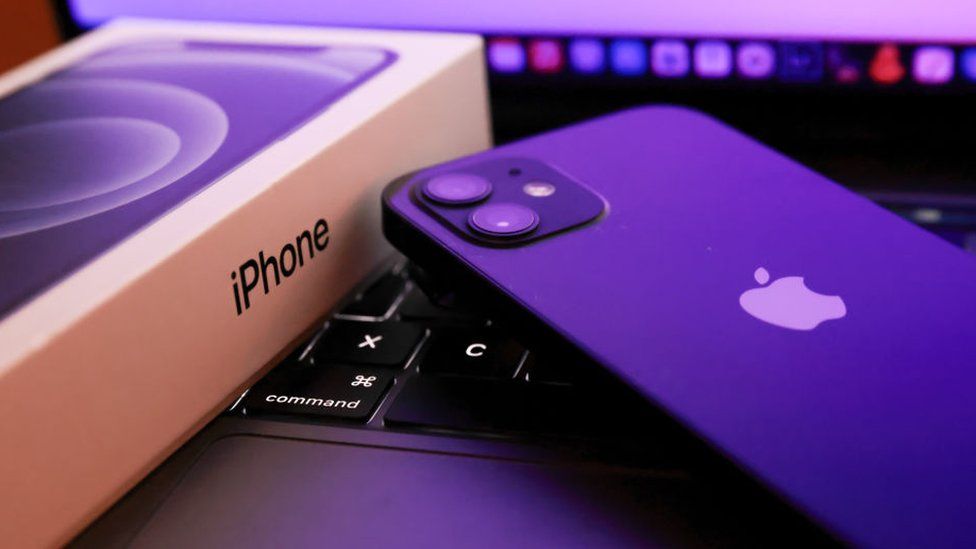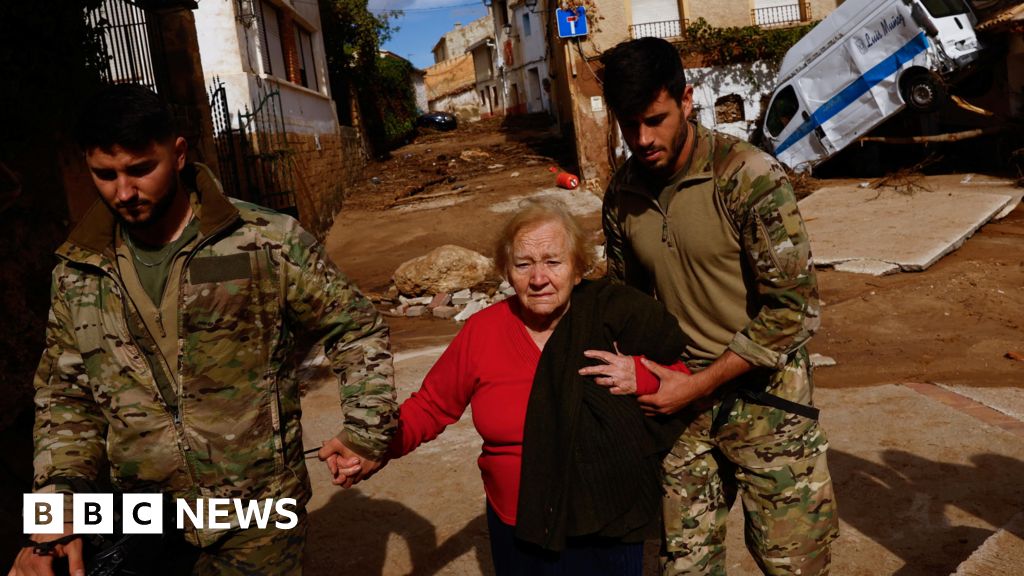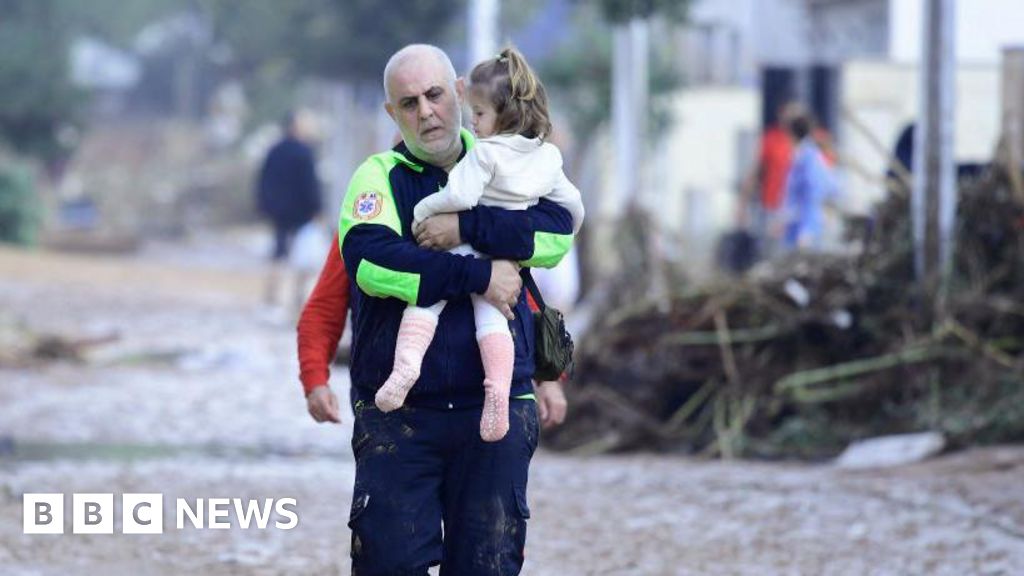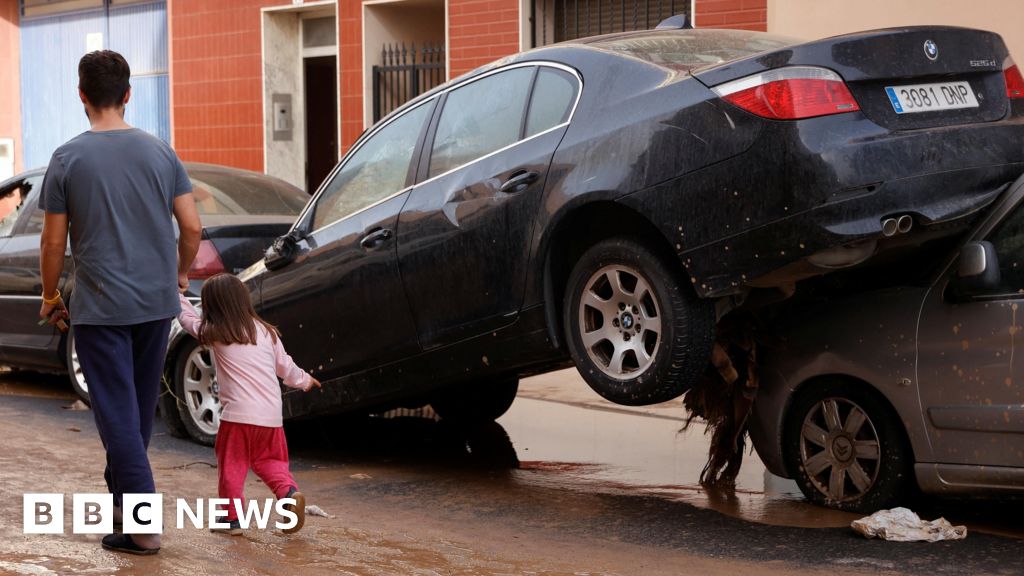ARTICLE AD BOX
 Image source, Getty Images
Image source, Getty Images
By Tom Gerken
Technology reporter
Apple will update its iPhone 12 in France after fears about radiation, the country's digital minister says.
Jean-Noel Barrot said Apple would deliver a software update for users in the country in the coming days.
Sales of iPhone 12 were halted in France after a regulator detected too much electromagnetic radiation. Apple was told to fix the issue.
The firm said the new update would only apply to users in France, where it said a specific testing protocol existed.
The American tech giant suggested the radiation findings were a result of that testing regime, and that it was "not a safety concern".
The planned update raises questions over Apple's plans for iPhone 12, which was released just three years ago, in other countries.
Mr Barrot said that the radio frequency regulator (ANFR) would test the new update to check its compliance before iPhone 12 is allowed back on sale in the country.
The World Health Organization has previously sought to allay fears about radiation emitted by mobile phones.
It says on its website there is no evidence to conclude that exposure to low level electromagnetic fields is harmful to humans.
In a statement sent to AFP news agency, Apple said the radiation finding in France was "related to a specific testing protocol used by French regulators and not a safety concern".
It said the iPhone 12 complied with emissions rules worldwide, but it would "issue a software update for users in France to accommodate the protocol used by French regulators".
The ANFR previously told Apple that if it could not resolve the issue via a software update, it would have to recall every iPhone 12 sold in the country.
The regulator found iPhone 12's Specific Absorption Rate (SAR) to be above what is legally allowed in France.
The iPhone 12 smartphone was first released in September 2020 and it is still sold worldwide.
Apple told BBC News earlier this week it was contesting the ANFR's review.
It said it had provided the regulator with lab results from both itself and third parties, which it said showed the device was compliant with all the relevant rules.
But Mr Barrot gave Apple a two-week deadline, and said he believed there could be "a snowball effect" as France shared its findings with other regulators across the European Union (EU).
Regulators from Belgium, the Netherlands and Germany said on Thursday they were now also looking into the issue.
Germany's BNetzA network agency told the BBC the French investigation could lead to measures that would apply to all EU members states.
The UK and US have not announced any action following the French ban.

 1 year ago
9
1 year ago
9








 English (US)
English (US)